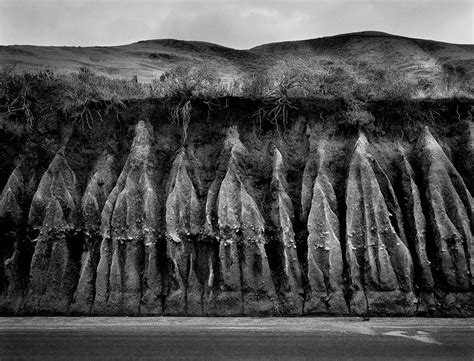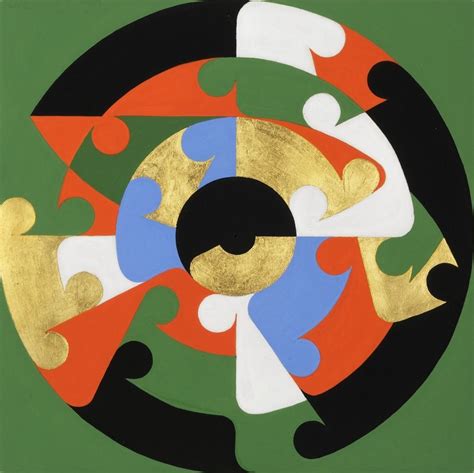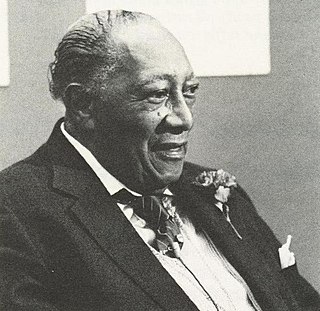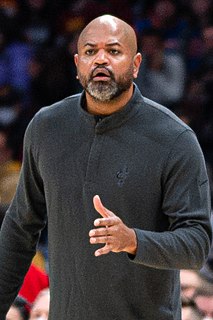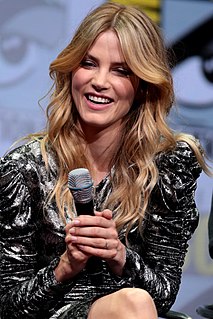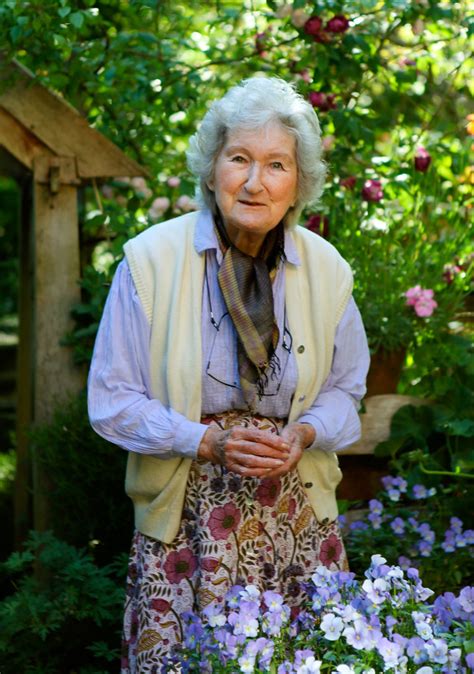A Quote by Andreas Feininger
Realism and superrealism are what I'm after. This world is full of things the eye doesn't see. The camera can see more, and often 10 times better.
Related Quotes
The camera is not only an extension of the eye but of the brain. It can see sharper, farther, nearer, slower, faster than the eye. It can see by invisible light. It can see in the past, present, and future. Instead of using the camera only to reproduce objects, I wanted to use it to make what is invisible to the eye - visible.
Seeing the world anew, as if it were new, is as old as writing. It's what all painters are trying to do, to see what's there, to see it in a way that renews it. It becomes more and more urgent as the planet gets worn flat and forest after forest is slain to print the paper for people's impressions to be scrawled down on. It becomes harder and harder to be original, to see things with an innocent eye. Innocence is much tied up with it. As the planet gets progressively less innocent, you need a more innocent eye to see it.
The more often we see the things around us - even the beautiful and wonderful things - the more they become invisible to us. That is why we often take for granted the beauty of this world: the flowers, the trees, the birds, the clouds - even those we love. Because we see things so often, we see them less and less.
The contemporary artist...is not bound to a fully conceived, previsioned end. His mind is kept alert to in-process discovery and a working rapport is established between the artist and his creation. While it may be true, as Nathan Lyons stated, 'The eye and the camera see more than the mind knows,' is it not also conceivable that the mind knows more than the eye and the camera can see?
As a coach, the more experience you have, the more you're around players, it helps so you see how guys learn, ways that are effective to reach different people. You see the aftermath of all the things that happened; you don't just see what happens at the game, you see what happens after the game, the followthrough, and those types of things.
To the best of my knowledge and belief, the average American newspaper, even of the so-called better sort, is not only quite as bad as Upton Sinclair says it is, but 10 times worse, 10 times as ignorant, 10 times as unfair and tyrannical, 10 times as complaisant and pusillanimous, and 10 times as devious, hypocritical, disingenuous, deceitful, pharisaical, Pecksniffian, fraudulent, slippery, unscrupulous, perfidious, lewd and dishonest.
As for garden photographers, how differently they see things. With what ease the camera seems to compose a picture of great beauty with its discriminating lens. The naked eye can't censor some ugly sight on the periphery of vision; the photographer takes the perfect shot and picks for us just what we need to see.

